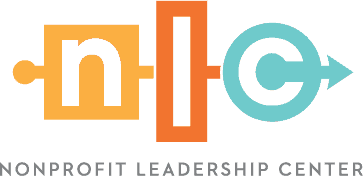At the Nonprofit Leadership Center, we believe the best lessons in nonprofit leadership come from nonprofit leaders themselves. Our 10 Questions With Series celebrates and elevates nonprofit and business leaders across the Tampa Bay region each month who are making an enduring impact on our communities. Today, we’re pleased to introduce you to Randall H. Russell, the founding president and CEO of the Foundation for a Healthy St. Petersburg.
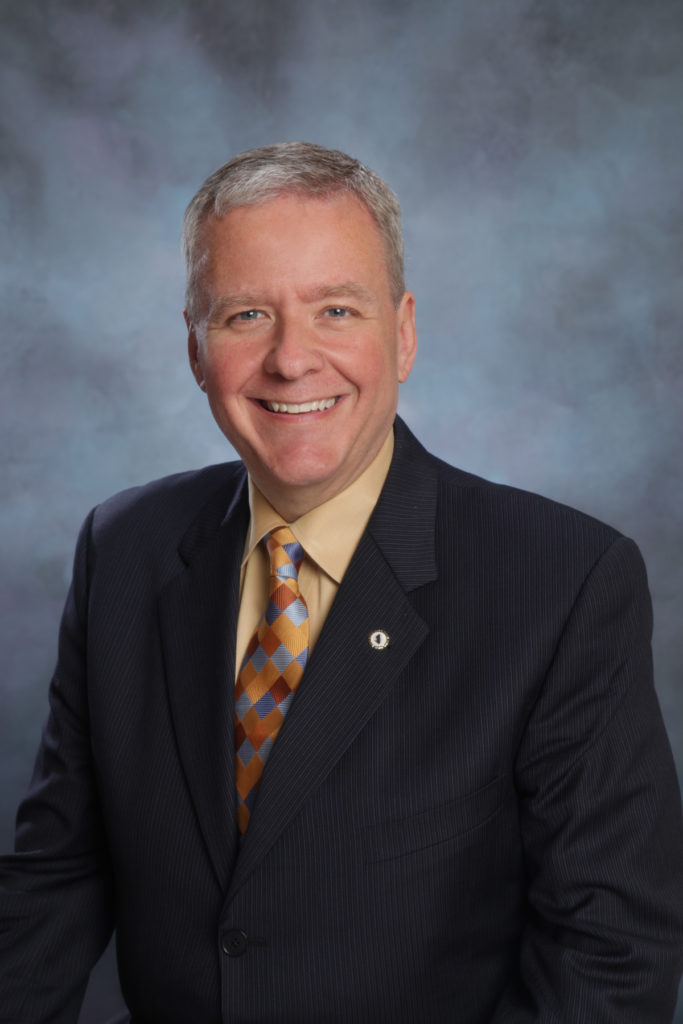
Randy is a community activist and social entrepreneur who has dedicated his career to solving systemic issues through innovative partnerships. In his current role at the Foundation for a Healthy St. Petersburg, he and his team are working to achieve health equity in Pinellas County. [The Foundation is an NLC strategic partner, making it possible for numerous nonprofit leaders and organizations to afford critical professional development opportunities to strengthen their leadership and our community.] Before joining the Foundation, Randy served as the CEO of Lifelong, a Seattle-based nonprofit that provides home-delivered meals, housing, care coordination and advocacy efforts for those with chronic illness, including HIV/AIDS. He was also a professional bassoonist in the Indianapolis Symphony Orchestra and spent many years as a marketing, public relations and development professional.
Here’s what Randy had to share about the new Center for Health Equity, how nonprofits can be more innovative, career advice from a funder’s perspective and much more.
Q1. Tell us a little bit about the Foundation for a Healthy St. Petersburg and what drew you to the organization.
Randy: The Foundation for a Healthy St. Petersburg seeks to address health disparities, advance population health, and achieve health equity in Pinellas County. We do this by inspiring and empowering people, ideas, information exchange, organizations and relationships so that every person can equitably achieve optimal health and well-being.
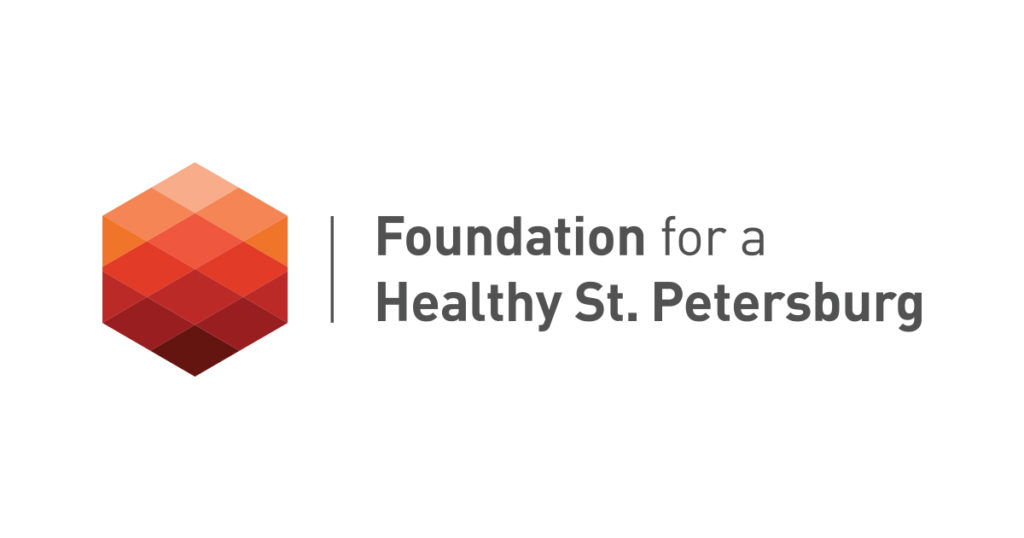
What drew me to the Foundation was the ability to bring philanthropic resources to address the community’s ambition, which was articulated as improving population health. Ultimately, that means dealing with culture and race across multiple sectors. That is the work I love and have been driven to find pathways to demonstrate.
Q2: As a mission-based community activist for more than three decades, what inspired your strong sense of servant leadership that’s guided your life and career?
Randy: Fairness. It’s a principle, a moral, a law, and maybe just good manners. As a Southern-raised son of two Midwestern (Chicago, Kansas) parents, the mantra at our dinner table was to “leave the world a better place than you found it.” Perhaps that was it. Or maybe it was my father’s career focus on helping the poor get a good job. Or my mother’s narration of the Civil Rights Movement through her eyes as a professor of political science — a white woman with all black students, teaching from 1950 through 1996. Or perhaps it was my direct experience as an adult serving as a buddy to 45 men over 31 months who died from AIDS, and my outrage at an unresponsive system. I think it is all of the above. If we are a kind people, then how can we tolerate injustice?
Q3: As part of the Foundation’s work to promote health equity in Pinellas County, you recently opened the Center for Health Equity. Tell us more about that and how it will improve our community.
Randy: What is innovation? By its nature, it suggests changing the status quo. Something different or new. It could be a different version of Pepsi, or it could be a spaceship to Mars, or it could be an end to discrimination. Where does this innovation come from? People with knowledge and lived experience. People who have lived through discrimination can identify what happened to them. Our job is to translate that into systems change leading to equity. For example, why are we tolerating higher rates of arrests of black people for resisting arrest? That statistic points to a system that profiles people based on their race. We hear from people who are incarcerated for resisting arrest, which dramatically impacts their employability, housing opportunities, social connections and well-being. The Center for Health Equity will approach inequities in our community by bringing together data, people who are affected by systems and people with the motivation to change those systems. They will arrive at practical, tactical actions to improve outcomes for everyone. That’s how people create positive social change.
Q4: One area many nonprofits tell us they struggle with is innovation. As a leader who’s known for social innovation, what advice would you give to nonprofit leaders seeking to be more creative in accelerating their mission and driving change?
Randy: Identify your risk tolerance and that of your organization. Find the benchmark for where people’s risk tolerance is, then ask this question: Are we really being brave enough to satisfy our vision and mission?
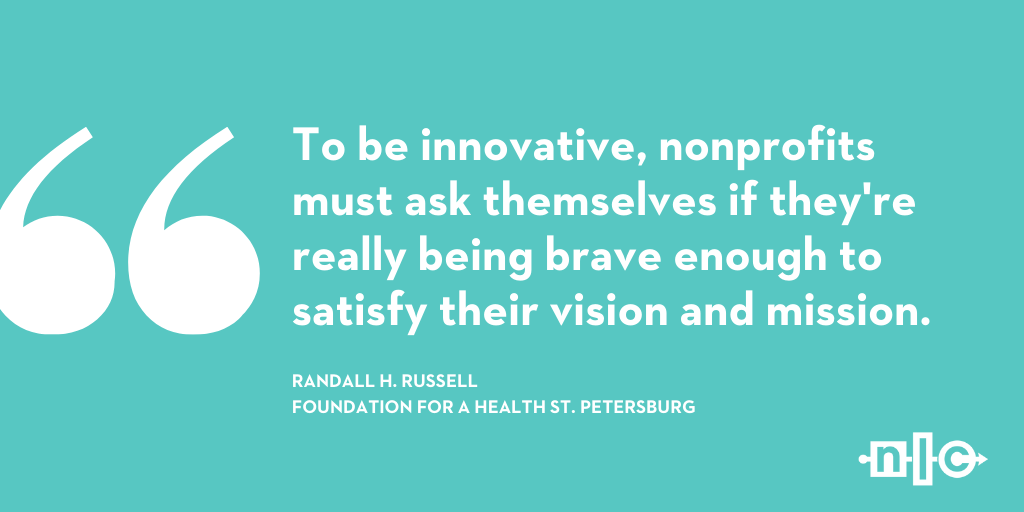
In my career working in more than 30 states, I’ve yet to find more than a few nonprofits that are truly able, willing and brave enough to push against the status quo that creates the systems that lead to the symptoms they spend their time addressing. That’s not getting at root causes or systems change.
Q5: One of your mantras throughout your career has been “comprehensive solutions to complicated problems.” How can nonprofit and community leaders think differently about collaboration, or be more effective when it comes to collaboration?
Randy: The obvious and often discussed truth about collaboration is trust. For me, the most practical application is to literally carve out several hours each week dedicated to spending time with potential/likely/chosen/strategic partners. We talked about networking in the 90s; then we decided email would suffice. I say bunk. Nothing beats human contact when humans are working together to solve the problems of other humans. Email won’t work. The art of collaboration is as vast and brilliant as the art of relationships. How are those formed? From the chemistry and shared experiences of the groups of people who are building those relationships. How can you know if you have chemistry, and how can you have shared experiences if you do not have time to connect and explore together? The basis of our advanced convening stages at the Foundation is exactly that — we will fund the time people spend together to create solutions. We believe that wisdom, with the lived experience narratives and understanding, and data, with good facilitation, will accelerate closing the health equity gap.
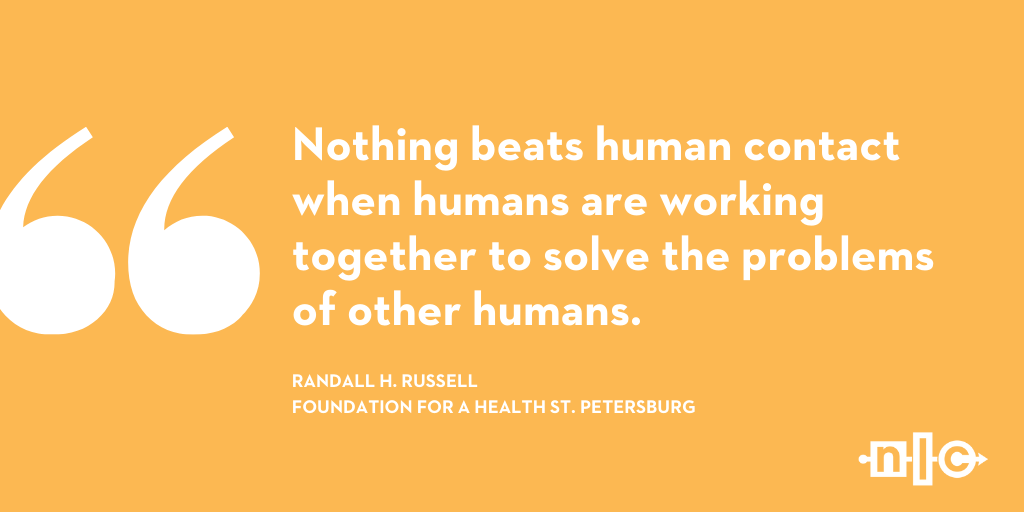
Q6. From a funder’s perspective, what is the most important piece of advice you’d give to new professionals or emerging leaders?
Randy: Fierce and courageous vision, patience, identification of self-care needs and plans, and insist on the best people on your team. Agencies are not there to serve the staff. The staff is there to champion the mission and serve those identified by that mission. Be brave by ensuring transparency and strategic selection of your board and identifying the best talent who share the same risk tolerance. The balance of risk tolerance between the board and CEO is paramount to achieve the highest impact.
Q7. At NLC, we’re big believers in lifelong learning. What’s one area in which you’d like to continue honing your skills?
Randy: There isn’t one — it is a lifelong endeavor. If pressed to pick just one thing, I’d say understanding the complexity of professional relationships and our responsibility in them. As a leader, if you spend limited time outside of your organization not fundraising, something is out of balance. The learning comes from how others are approaching solutions to challenges that intersect with any nonprofit group. From the arts to policy to human service delivery, to large, publicly-run institutions and systems, so much depends upon the quality of leadership. I believe the most passionate leaders learn about other leaders, how they think and operate, and learn technical skills from them. That builds a community of collaborative leaders that can solve the complex problems we face.
Q8. When you’re not working, what are you most passionate about in your everyday life?
Randy: As a Gemini, I’m both an extrovert and an introvert, depending upon the moon cycle (almost literally). My favorite moments in life are dinners with friends and the conversation that ensues, cooking all day (blending science and accidents into a meal and calling it art), and the planning/anticipation that comes with breaking bread with others. Introspection brings meditation and study of Buddhism. None of these things are consistent, but they are constant throughout my life. Perhaps most important is planet exploration – I’ve been to five continents and experienced many adventure trips. I can’t imagine ever being done with travel.
Q9. What’s the best book you’ve recently enjoyed?
Brene Brown’s “Brave New World.” She is a qualitative researcher but perhaps the most inspired and authentic leadership discussant I’ve ever heard.
Q10. What’s something interesting about you that most people don’t know?
Randy: All in, I’m a tap-dancing, baton-twirling, roller-skating, Guinness World Records-listed, gay Eagle Scout, meditation-instructing, bassoon-playing, super-amateur actor. (Not necessarily all at once).
Would you or someone you know be a great leader to profile for an upcoming 10 Questions With Series article? Email us at info@nlctb.org with your recommendations.
READ NEXT: 10 Questions With Tampa Theatre CEO John Bell
READ NEXT: 10 Questions With the Deuces’ Live Executive Director Veatrice Farrell
READ NEXT: 10 Questions With Frameworks Board Chair Jennifer Garcia
